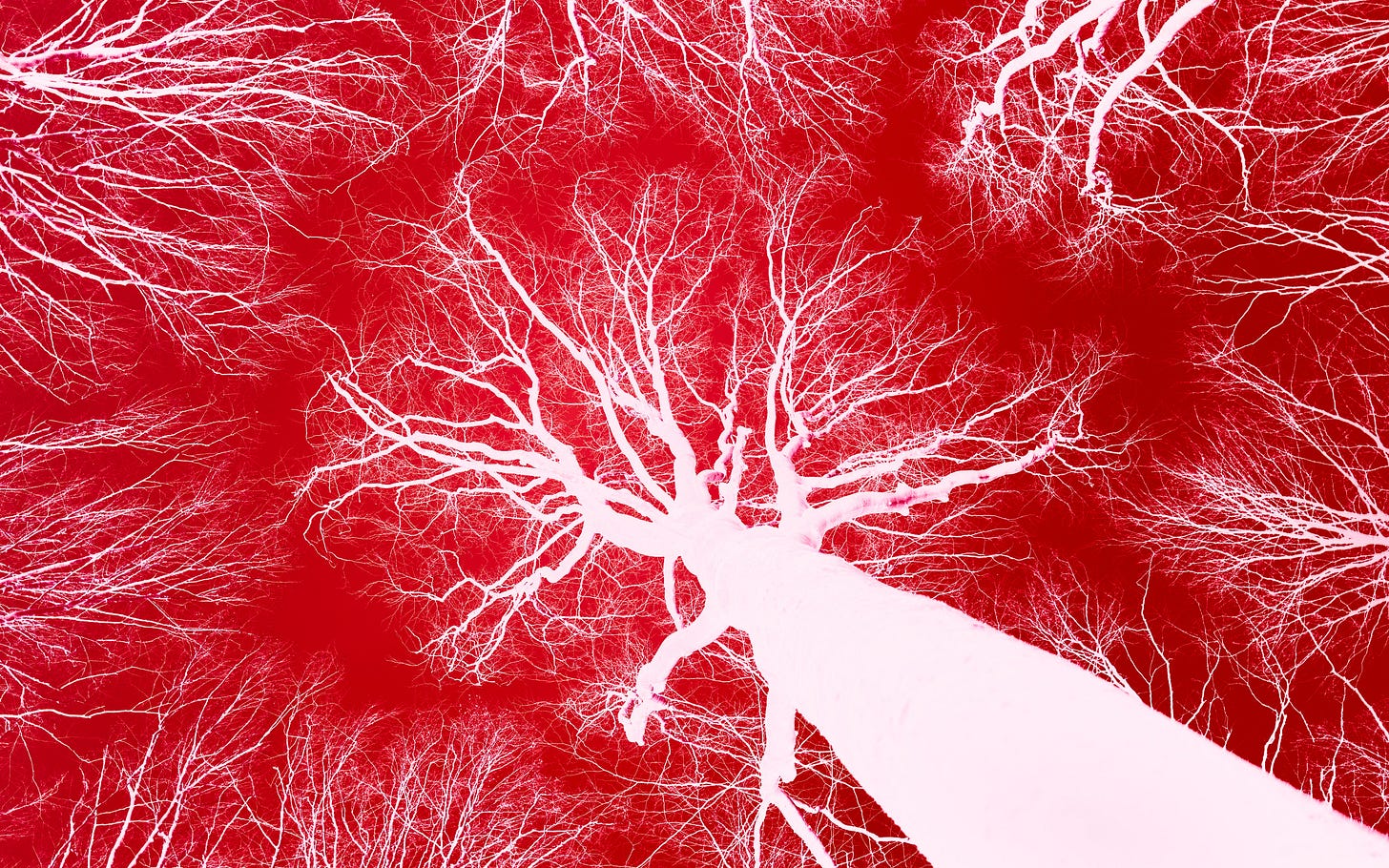Recently the idea of a Minimum Viable X is popping up everywhere— in personal development, creativity, education.
The idea is to have a functional ‘product’ at every stage of the process. This picture is a great representation:
Whatever you’re doing, aim for the smallest possible complete thing first.
This is how I’ve through school and work— sit down, focus for a few hours before a deadline and finish something. This behavior feels natural to the MVP framework.
But nothing great can be accomplished in a single sitting.
Great works are performed not by strength but by perseverance.
When I’m working on personal projects, this is where the struggle lies. It’s exciting and easy to start a project today, but coming back to the project tomorrow and the day after, the week after, the month after— that’s what I fail at.
In the MVP framework, the practice of iteration solves for this. The goal is this—everyday, you make a complete small thing. Then you stack those small things to get a big thing.
(There must be some additional work of planning, designing and editing to ensure the stacking happens. In other words, the small things might need to be tweaked into the correct shapes for them to fit together. Like legos or puzzle pieces.)
Iteration is the meta-problem I’m working on. It has several names: solving for consistency, building intrinsic motivation, doing 100 things, building a routine.
I’ve found one thing that doesn’t solve this— planning.
Planning doesn’t work. Or at least I haven’t found a way to make it work yet.
When I plan, my imagination runs far ahead. I’d need intense effort- lots of time and energy- to catch up. At some point, it feels impossible.
(This relates to the architects vs. gardeners writing styles— planning out the whole story beforehand vs. telling the story without knowing then end. I’m trying and failing at both 😬.)
Other people have felt the same way and overcome—
I […] got out my book of maps. And suddenly the US became huge beyond belief and impossible ever to cross. I wondered how in hell I had got myself mixed up in a project that couldn't be carried out. It was like starting to write a novel. When I face the desolate impossibility of writing 500 pages a sick sense of failure falls on me and I know I can never do it. This happens every time. Then gradually I write one page and then another. One day’s work is all I can permit myself to contemplate and I eliminate the possibility of ever finishing.
-John Steinbeck, Travels with Charlie
The problem with planning is that it’s all thoughts.
And I came across an idea, seemingly so self-evident, that I’m still marveling over not having comprehended it before:
Sensation→ perception→ feeling→ thought→ behavior.
The way to control our nervous system is to run that backwards.
When it comes to wanting to shift the way that you function— to get better, to perform better, or to show up better, or to move away from things like addictive behaviors, it is absolutely foolish for any of us to think that we can do that by changing our thoughts first. It is behavior first. Thoughts, feelings and perceptions follow.
-Andrew Huberman, src
So all I can do is what Steinbeck did— Allow myself to contemplate just a single day’s work. Eliminate the possibility of ever finishing.

Calculating happiness—
routine and getting back to normal life
people


whoo, thanks for the shoutout! I hadn't seen Visa's analogy of information as the base of the pyramid before, a very helpful way to look at it!
The reversal of the thought -> action loop is one I've come across before. That script flip is really helpful for overthinkers like me. The Huberman quote reminded of this video about how you can't think your way out of depression: https://www.youtube.com/watch?v=PmGIwRvcIrg
Still, I think there's truth to the saying that "plans are worthless, but planning is everything". Planning can force you to sharpen your thoughts, but what's important is you can't spend ALL your time planning – you still have to execute at some point!